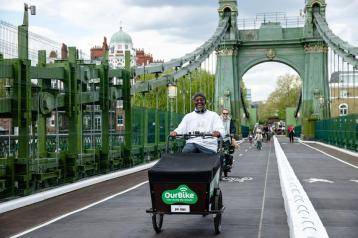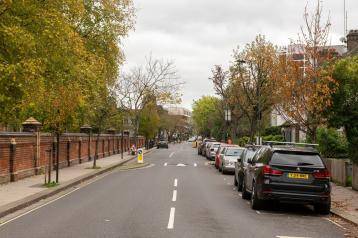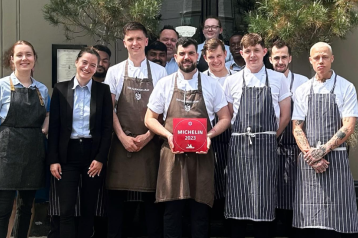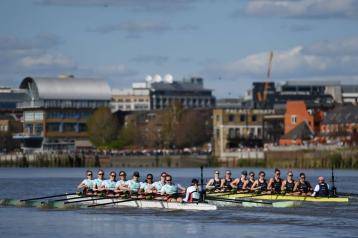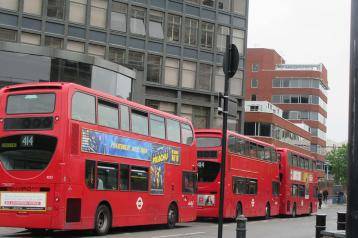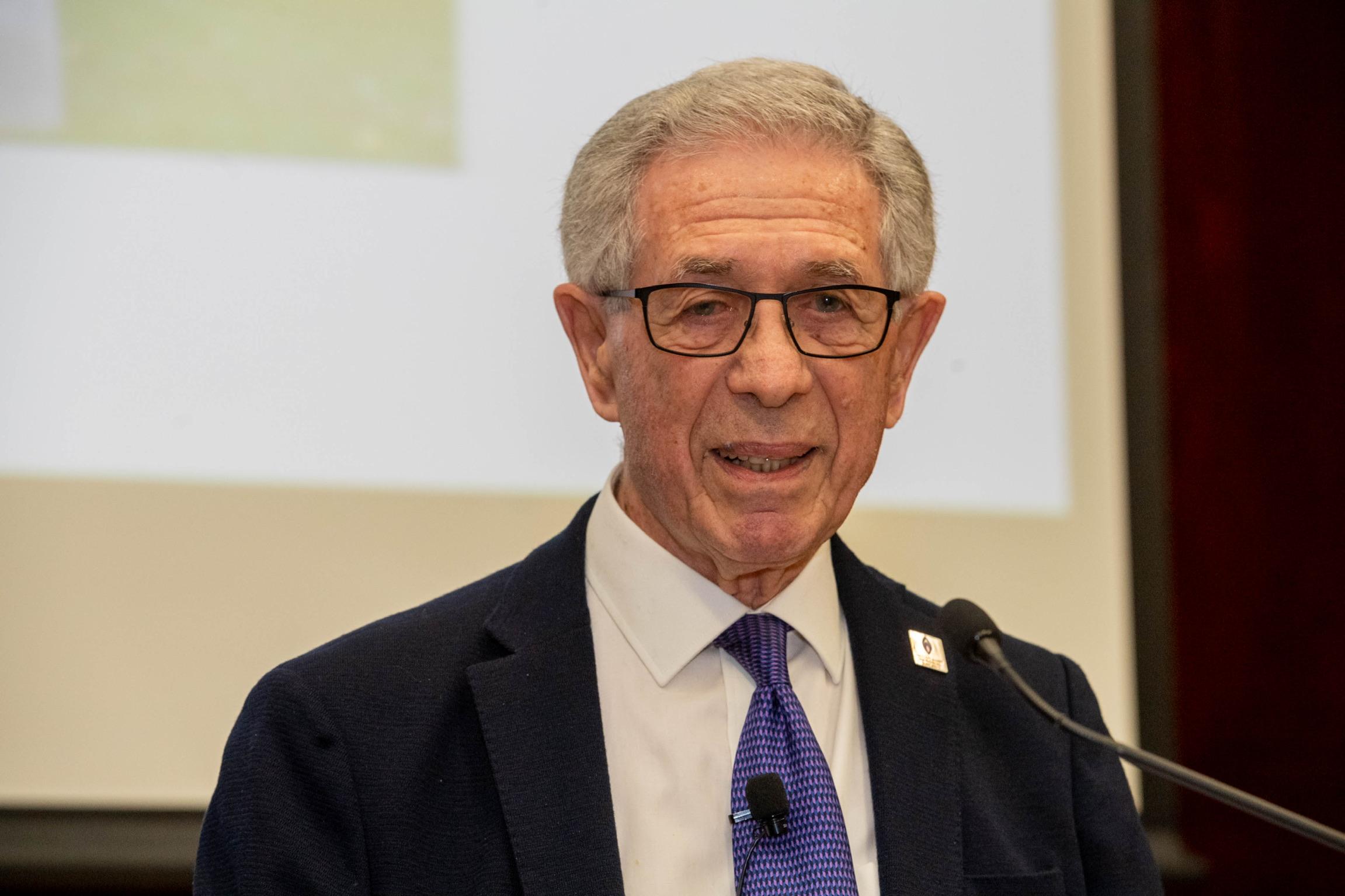
Holocaust survivor Ernest Simon
Holocaust survivor Ernest Simon shared his story of escaping Nazi Austria and starting a new life in the UK with local residents to mark Holocaust Memorial Day.
On Thursday (27 January), Ernest Simon joined Hammersmith & Fulham Council and residents, to remember the atrocities of the Second World War.
Watch a video recording of the full event
Cllr Sue Fennimore, Deputy Leader of H&F opened the virtual talk before Ernest told his story to more 70 residents. He spoke for 45 mins and then answered questions sent in by attendees.
"Holocaust Memorial Day is one of the most important events we hold during the year," said Cllr Fennimore. "And Ernest's account was extraordinarily fascinating, heart-warming and deeply saddening, and we are truly grateful that he gave his time to share his story with us today."
Ernest's story
Ernest was born in Eisenstadt, Austria in 1930 and lived in a Jew Street, a self-imposed Jewish ghetto that followed strict, religious rules.
He recalls that the first part of his childhood was very normal, but that this changed in 1935 when the Nazis introduced the Nuremberg laws. "I distinctly remember one child coming over to me and saying 'I don't want to play with you anymore, you're Jewish'," Ernest said.
"The Nuremberg laws meant we had no rights or citizenship. Jewish people lost their jobs and were excluded from schools. We couldn't go to the cinema or concerts, gangs would beat up Jewish people in the street and businesses were taken over without any compensation. We were persecuted in every sort of way."
As the Nazis grew in strength in Austria, life became increasingly difficult for Ernest's family and community. His father, who worked in the leather trade, lost his job and they had to leave Eisenstadt for a flat in Vienna. It was during this period that Ernest's father began to apply for an exit visa for his family, to the UK, USA, or Palestine – wherever would take them.
Kristallnacht
Ernest was living in Vienna on 9 November 1938, the night of 'Kristallnacht' or The Night of Broken Glass.
"We lived in a street with a synagogue down the road, and from my bedroom window I could see a bonfire of prayer books and items looted from the synagogue," remembered Ernest.
During the riots, 91 Jews were murdered and the damage across Germany and Austria kickstarted UK discussions for the creation and organisation of the Kindertransport (National Archives website).
Escaping Nazi occupation
At eight years old Ernest was placed on a Kindertransport train leaving Vienna West Station on 11 January 1939 at midnight. He travelled for over 30 hours through Germany and the Netherlands to the Hoek of Holland where he was put on a ship to Harwich, England.
There he was taken in by a Jewish family in Leeds, before moving in with a farming family in Lincolnshire at the outbreak of the war.
"I was one of the lucky ones. My family were eventually able to get a domestic service visa and reunited with me in the UK, although it was not until three years later in 1941, when I was 11, that we were able to live together under one roof as a family again."
Holocaust Memorial Day
We mark Holocaust Memorial Day to remember all victims murdered in genocides across the world. This not only includes the six million murdered Jews during the Holocaust, but the millions of other people persecuted and murdered by the Nazis, and the more recent genocides that have occurred in Cambodia, Rwanda, Bosnia and Darfur.
The 27th of January was chosen as the day of remembrance as it marks the anniversary of the liberation of Auschwitz-Birkenau, the largest Nazi death camp.
To learn more about Holocaust Memorial Day, visit the Holocaust Memorial Day Trust's website.
Want to read more news stories like this? Subscribe to our weekly e-news bulletin.
